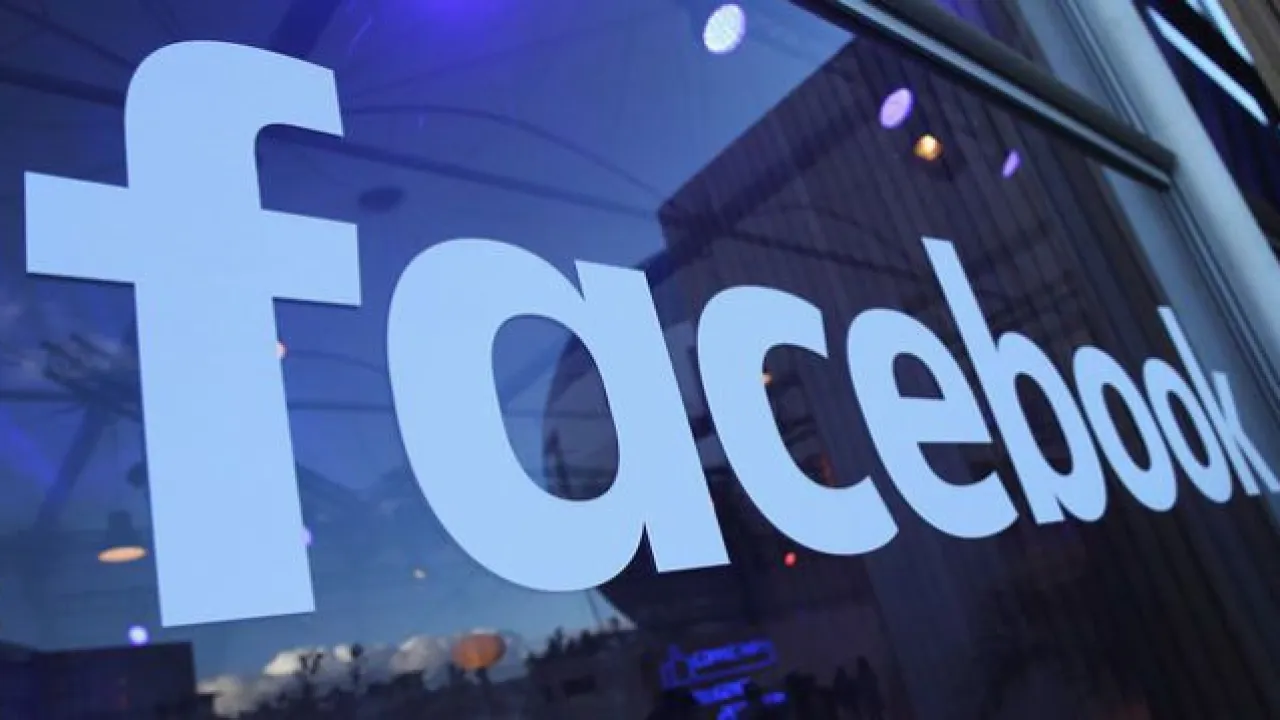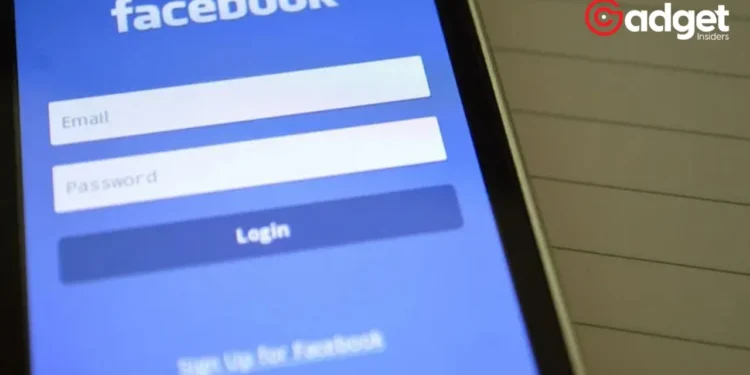In the ever-evolving world of cyber security, the recent discovery of a zero-click vulnerability on Facebook marks a critical reminder of the fragility of digital security measures. This flaw, unearthed by the astute observations of Samip Aryal, a Nepalese security researcher and bounty hunter, has sent ripples through the tech community, underscoring the continuous need for vigilance and innovation in protecting user data.
The Discovery by Samip Aryal
Aryal’s journey into the depths of Facebook’s security systems began not out of an immediate pursuit for vulnerabilities but from a place of curiosity mixed with the determination to uncover a flaw that others might have overlooked.
During a period of academic commitments, Aryal’s drive to explore beyond the beaten path led him to an intriguing finding: a loophole in Facebook’s password reset functionality that lacked rate-limiting, opening the door to potential account takeovers without requiring any interaction from the user.

The Technical Breakthrough
The crux of Aryal’s discovery lies in the exploitation of Facebook’s password reset mechanism. Typically, this feature is safeguarded by rate-limiting measures to prevent brute force attacks—a method where attackers use trial and error to guess login info, security codes, and passwords.
However, Aryal found that by initiating a password reset and selecting to receive the security code via a Facebook notification, the code remained active and unchanged for approximately two hours, despite multiple incorrect attempts.
This oversight provided a two-hour window for attackers to brute force their way through all possible combinations of the 6-digit security code, from 000000 to 999999.

Aryal’s methodical approach involved testing the uninstallation and reinstallation of various versions of Facebook on Android Studio, revealing that different user agents (the software a device uses to access the internet) might elicit varied responses from the server on each login attempt.
Facebook’s Response and Fix
Following Aryal’s responsible disclosure of this vulnerability, Facebook acted swiftly to rectify the issue on February 2nd, thereby closing a potentially disastrous security gap. This proactive response not only prevented potential account takeovers but also highlighted the importance of community engagement in identifying and mitigating cyber threats.
Aryal’s contribution was recognized with accolades, propelling him to the top of Facebook’s Hall of Fame for white-hat hackers—a testament to the critical role of ethical hackers in safeguarding the digital ecosystem.
Facebook accounts were vulnerable to zero-click takeovers⤵️#Facebook #Meta #socialmedia #onlinesecurity #cybersecurity #infosec https://t.co/Nocv97JJjc
— CyberNews (@CyberNews) March 1, 2024
The Bigger Picture
The implications of Aryal’s findings extend far beyond the confines of Facebook. They serve as a stark reminder of the ever-present threats in the digital realm and the need for continuous scrutiny and improvement of security protocols.
Cybersecurity is not a static field; it is a relentless battle against those who seek to exploit any vulnerability for malicious purposes.

The uncovering of the zero-click vulnerability on Facebook by Samip Aryal is a narrative of innovation, diligence, and the unwavering quest for cybersecurity. It emphasizes the essential nature of ethical hacking in today’s digital age and the collective responsibility of the tech community to foster a safer online environment.
As digital platforms continue to evolve, so too must our strategies for protecting them, ensuring that the privacy and security of users remain paramount.










